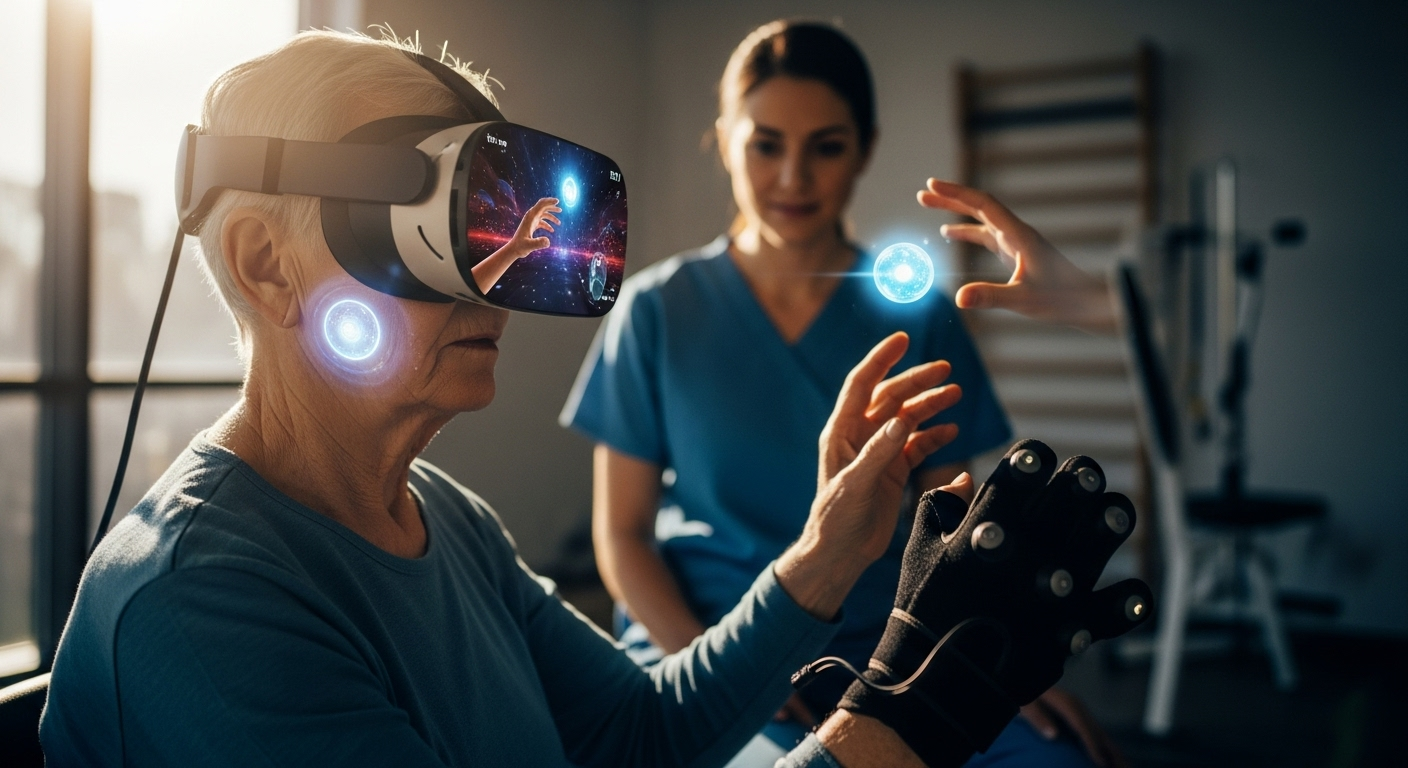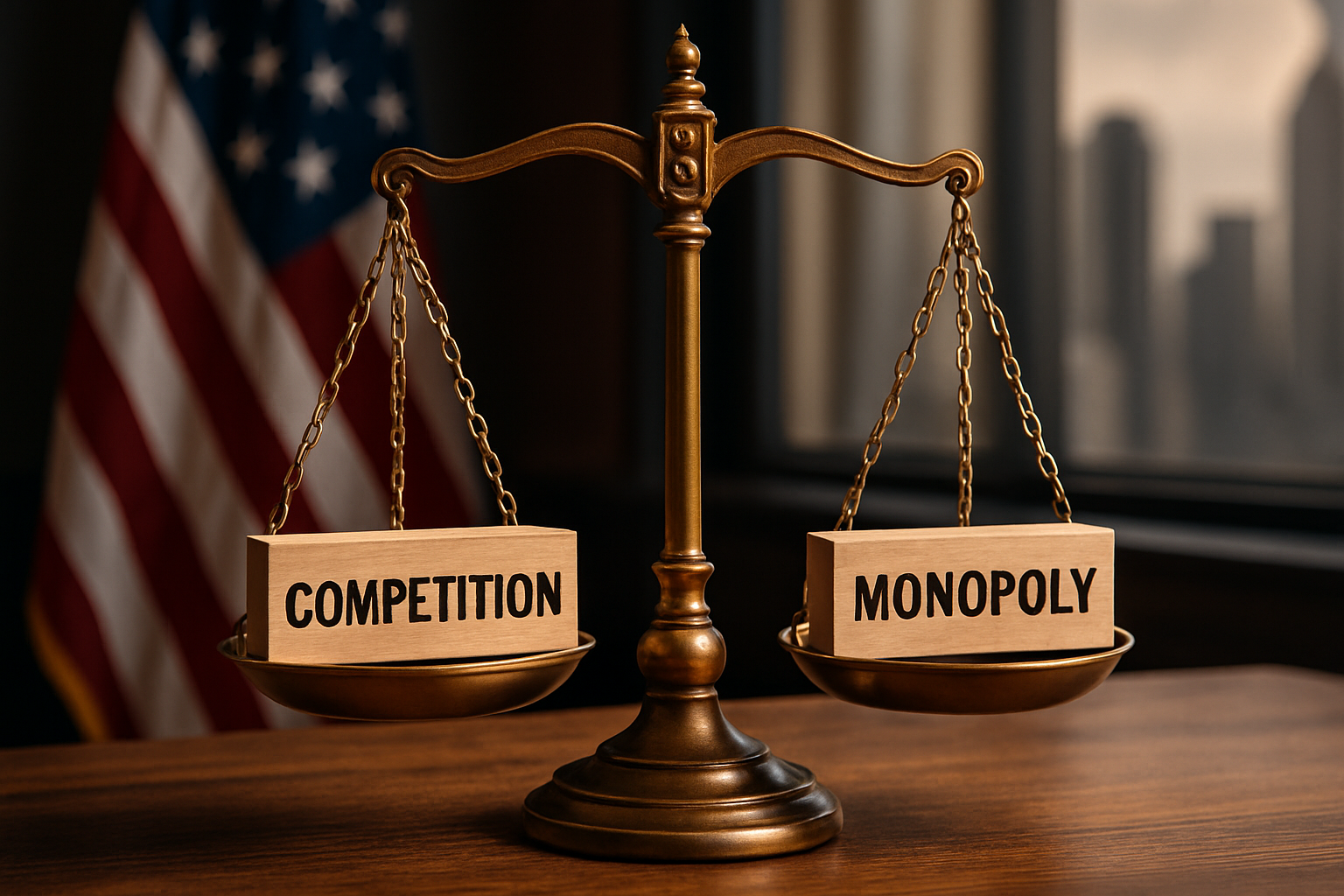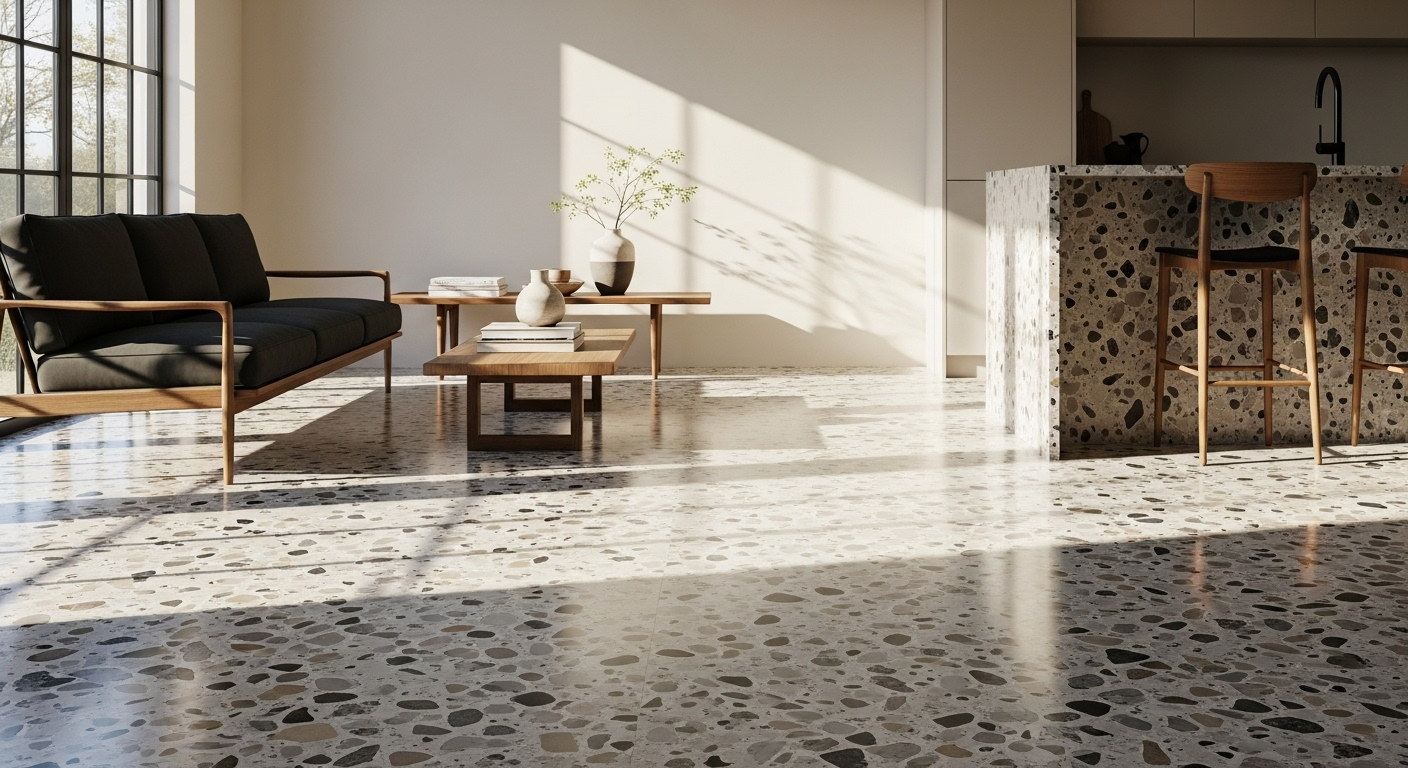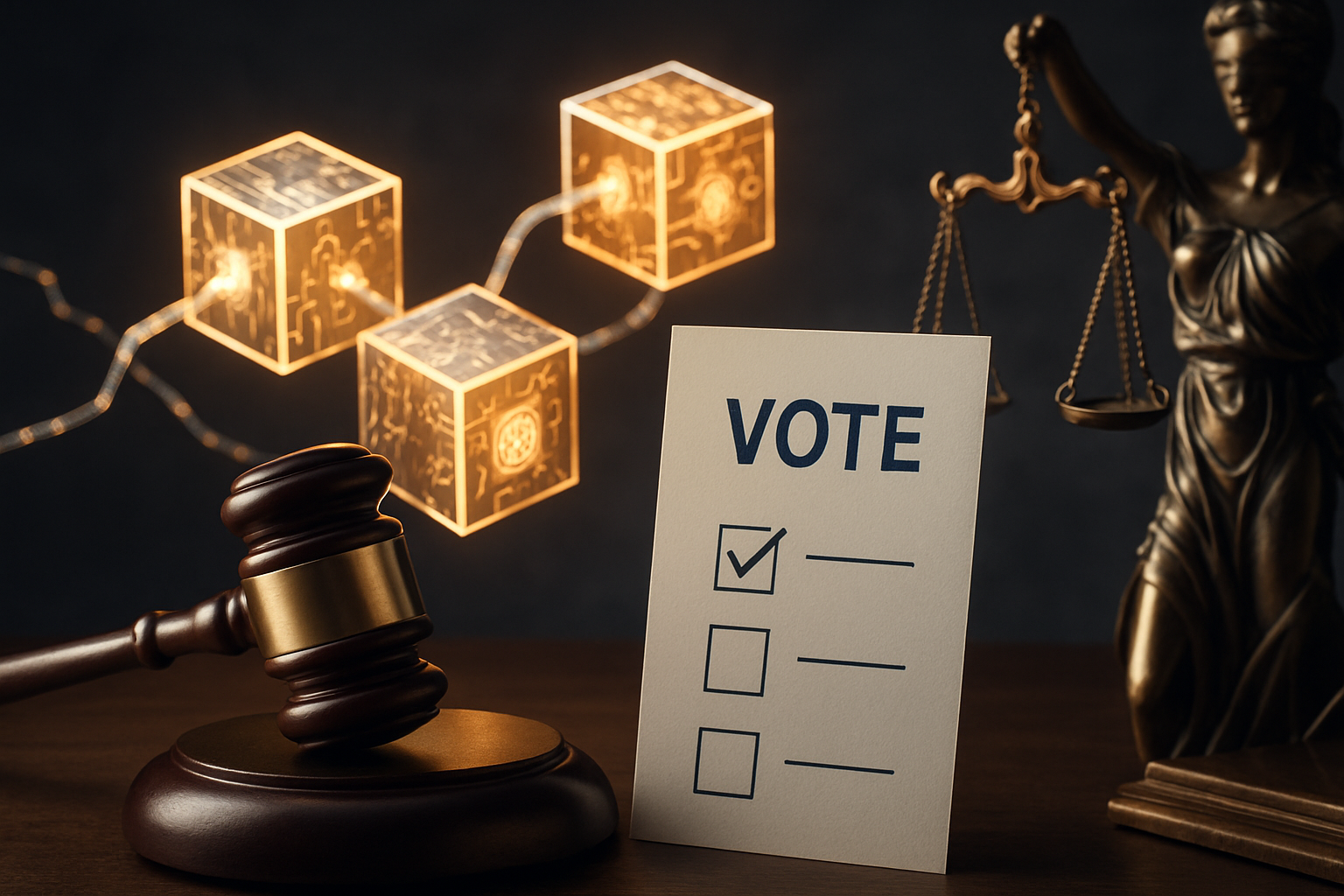Sleep Tourism: Luxury Hotels Reinventing the Art of Rest
In our fast-paced world where burnout has become commonplace, a revolutionary travel trend has emerged that prioritizes something we all desperately need yet increasingly neglect: quality sleep. Sleep tourism is rapidly gaining momentum as luxury hotels worldwide develop sophisticated programs designed specifically to help guests achieve the perfect night's rest. This innovative approach to hospitality merges cutting-edge sleep science with luxury accommodations, creating experiences centered entirely around restorative slumber. For travelers exhausted by the constant connectivity and stress of modern life, these sleep-focused getaways offer more than just a comfortable bed—they provide a comprehensive approach to rest that guests can incorporate into their everyday lives long after checkout.
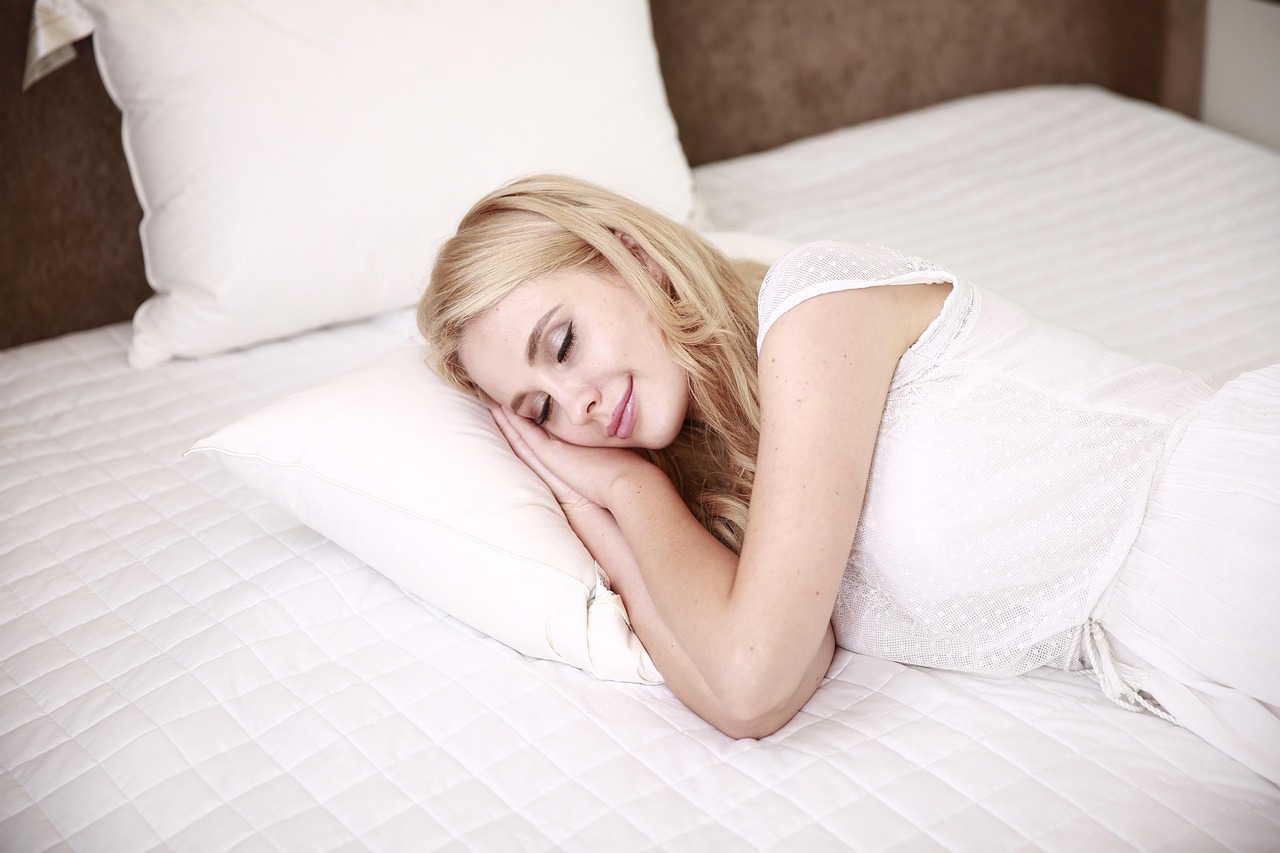
The Rise of Sleep-Centered Getaways
Sleep tourism represents a significant shift in how we view travel experiences. Traditionally, vacations have been about packing in as many activities as possible—sightseeing, adventures, and constant exploration. However, the growing awareness of sleep’s critical importance to overall health has sparked this countermovement. Luxury hotels pioneered this trend around 2016, but it has exploded in popularity since the pandemic as more travelers prioritize wellness and recovery in their travel plans.
The concept extends far beyond merely offering comfortable mattresses. Today’s sleep tourism encompasses customized bedding, scientifically optimized room temperatures, soundproofing technologies, circadian lighting systems, sleep-inducing menus, and access to sleep specialists. Hotels like Six Senses, Park Hyatt, and Rosewood have developed extensive programs with sleep trackers, customized pillows, and meditation recordings designed by sleep experts.
Science-Backed Sleep Programs
What distinguishes genuine sleep tourism from marketing gimmicks is the solid scientific foundation behind these programs. Leading hotels collaborate with renowned sleep researchers, neurologists, and wellness experts to develop evidence-based approaches to improving guest rest.
The Hästens Sleep Spa in Portugal, for instance, centers its entire experience around the legendary Hästens beds—handcrafted mattresses valued at up to $400,000 that take master craftspeople hundreds of hours to build. Guests undergo sleep consultations upon arrival, with rooms designed to eliminate all sleep disruptions including special soundproofing, blackout systems, and air purification technology.
Similarly, The Cadogan in London offers a Sleep Concierge who provides guided meditation recordings, pillow menus featuring options for every sleep position, weighted blankets, and sleep-enhancing amenities like bath salts infused with magnesium to relax muscles before bedtime. These programs are continuously refined based on sleep study findings and guest feedback.
Technology’s Role in Perfect Rest
Technology plays a fascinating dual role in sleep tourism. While digital devices often contribute to poor sleep at home, carefully selected sleep technology has become central to these luxury experiences.
Many sleep-focused hotels now offer guests wearable sleep trackers that monitor rest patterns throughout their stay. The Four Seasons Resort Maui provides sophisticated sleep tracking technology that measures heart rate, breathing, and movement patterns, generating personalized reports each morning with recommendations for improving sleep quality.
Smart rooms represent another technological innovation, with systems that automatically adjust lighting throughout the day to support natural circadian rhythms. Some properties feature specialized wake-up lighting that simulates sunrise, gently rousing guests from deep sleep by gradually increasing room illumination. Noise-masking sound systems create optimal audio environments that block disruptive noises while providing soothing background sounds scientifically proven to enhance deep sleep.
Culinary Approaches to Better Sleep
Sleep tourism extends well beyond the bedroom into hotel restaurants, where specially designed menus feature ingredients scientifically linked to improved rest. These sleep-enhancing culinary programs reflect growing recognition of the profound connection between nutrition and sleep quality.
Tart cherries, rich in natural melatonin, frequently appear in pre-bedtime drinks and desserts. Magnesium-rich foods like dark chocolate, nuts, and leafy greens feature prominently on evening menus to promote muscle relaxation. The Corinthia London’s “Sleep Menu” includes dishes specifically timed to be enjoyed several hours before bedtime, balancing proteins and complex carbohydrates to prevent disruptive blood sugar fluctuations during the night.
Equally important is what these menus exclude. Sleep-focused hotels typically limit evening caffeine and alcohol options, replacing them with herbal sleep tonics, adaptogenic elixirs, and valerian-based nightcaps. The Peninsula Hotels’ “Night Cap” program includes botanical beverages designed by nutritionists and served alongside sleep-promoting snacks, creating rituals that signal to the body that it’s time to wind down.
Taking Sleep Skills Home
Perhaps the most valuable aspect of sleep tourism is its educational component. Unlike typical vacations where the experience ends at checkout, sleep tourism programs often include take-home elements designed to create lasting improvements in guests’ rest quality.
Many properties offer departure packages containing products used during the stay—specialized pillow sprays, eye masks, relaxation recordings, or proprietary bedding. More importantly, guests receive personalized sleep protocols based on what worked best during their stay, effectively transforming their vacation investment into long-term wellness benefits.
The Hästens Sleep Spa provides departing guests with comprehensive sleep reports analyzing their rest patterns throughout their stay, along with customized recommendations for improving their home sleep environment. The Bryte Sleep Suite at Park Hyatt New York includes follow-up consultations with sleep specialists who help guests implement their newfound rest techniques at home.
Essential Elements of Sleep Tourism Experiences
-
Temperature-controlled rooms precisely maintained between 65-68°F (18-20°C), the scientifically optimal range for quality sleep
-
Blackout technologies including specialized curtains and light-blocking systems that create true darkness regardless of external conditions
-
Sound engineering features like triple-glazed windows and sophisticated noise-cancellation systems that eliminate disruptive ambient noises
-
Specialized bedding options including weighted blankets, cooling sheets, and pillow menus with choices for side, back, and stomach sleepers
-
Evening turn-down services that might include aromatherapy room preparation, relaxation tea service, and guided meditation recordings
-
Morning wake-up protocols designed to respect sleep cycles, using gradual light and gentle sounds rather than jarring alarms
-
Sleep tracking technology that provides guests with detailed reports about their rest quality, sleep stages, and improvement areas
-
Take-home elements including customized sleep guides, recommended products, and follow-up consultations with sleep specialists
The Future of Rest-Focused Travel
Sleep tourism represents more than just a passing trend—it reflects a fundamental shift in how we value rest in our increasingly sleepless society. As research continues to demonstrate sleep’s critical importance to physical health, cognitive function, and emotional wellbeing, these specialized programs will likely become more sophisticated and widespread.
In the coming years, we can expect to see sleep tourism expanding beyond luxury hotels into more accessible price points, with select amenities becoming standard offerings at many properties. The most successful innovations will be those that combine genuine scientific credibility with experiences that feel indulgent rather than clinical. For travelers seeking truly restorative vacations, these pioneering sleep programs offer something increasingly precious in our modern world—the chance to return home feeling genuinely rested and equipped with sustainable sleep practices that enhance everyday life.
